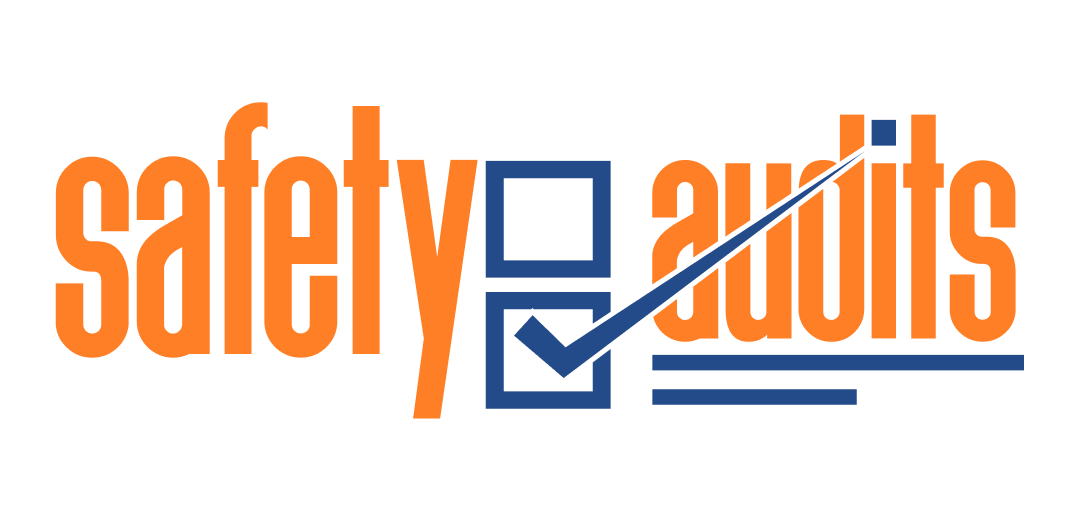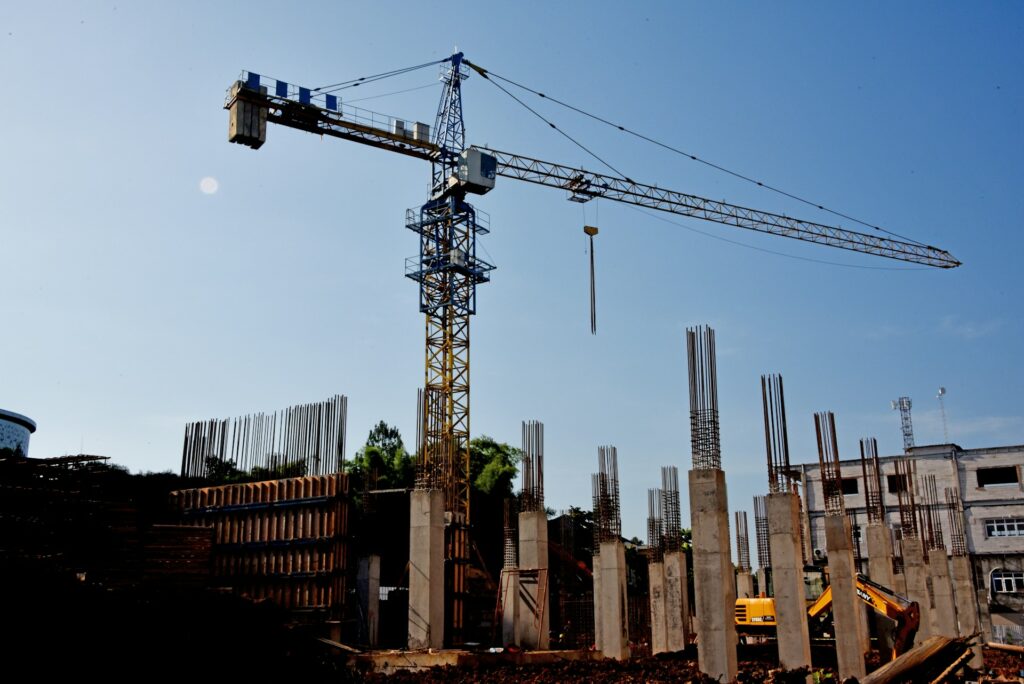In today’s fast-paced work environment, ensuring the safety and well-being of employees is not a one-time task but an ongoing commitment. Regular safety assessments play a crucial role in maintaining and enhancing organisational health. By continually evaluating safety protocols, companies can identify potential hazards, improve risk management, and foster a culture of continuous improvement.
Repeat safety assessments provide a systematic approach to monitoring workplace conditions. They enable organisations to pinpoint areas where safety measures may be lacking or where new risks have emerged. This proactive approach helps in mitigating risks before they escalate into serious incidents, thereby protecting employees and reducing the likelihood of costly accidents and downtime.
Moreover, regular assessments demonstrate a company’s commitment to the well-being of its workforce. When employees see that their safety is a priority, it boosts morale and fosters a sense of trust and security. This, in turn, leads to higher engagement, increased productivity, and reduced turnover rates. Employees who feel safe are more likely to be motivated and loyal, contributing positively to the overall organisational health.
Furthermore, repeat safety assessments drive compliance with industry standards and regulations. Staying compliant not only avoids legal penalties but also enhances the organisation’s reputation. Clients, partners, and stakeholders are more likely to trust and collaborate with a company that prioritises safety.
In conclusion, regular safety assessments are integral to maintaining and improving organisational health. They ensure that safety protocols are up-to-date, foster a positive work environment, and drive compliance. By investing in ongoing safety assessments, organisations can create a safer, more productive, and resilient workplace.

